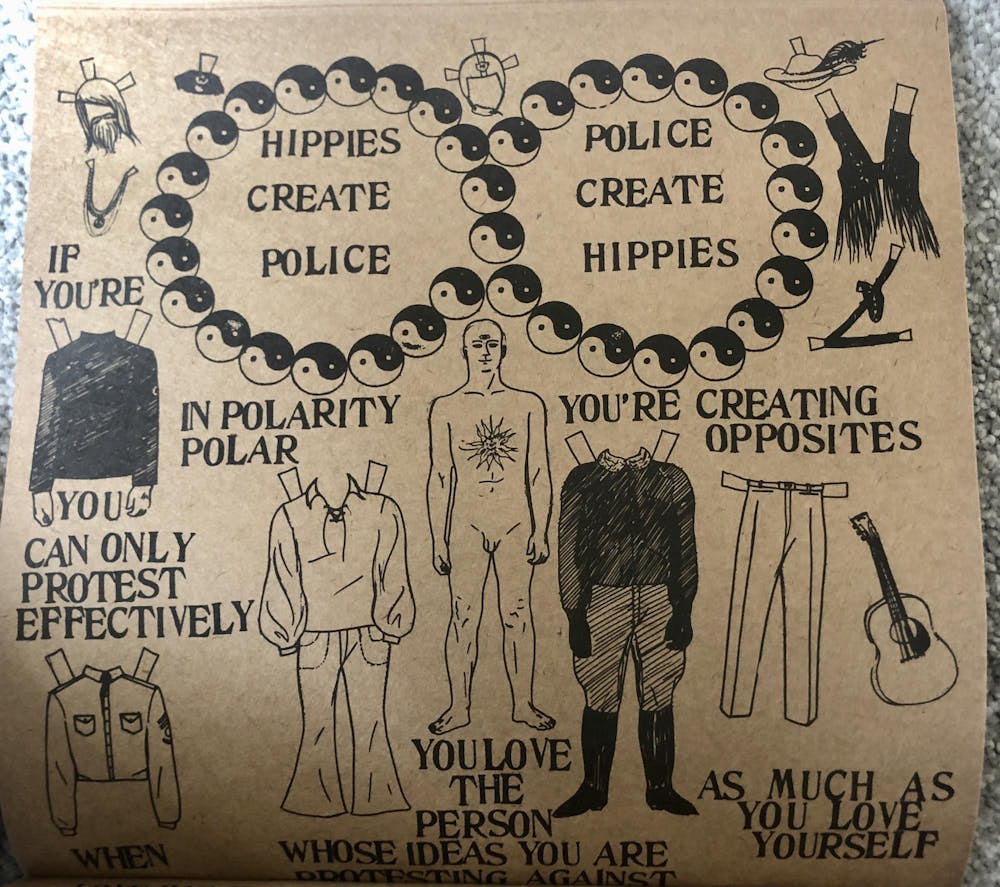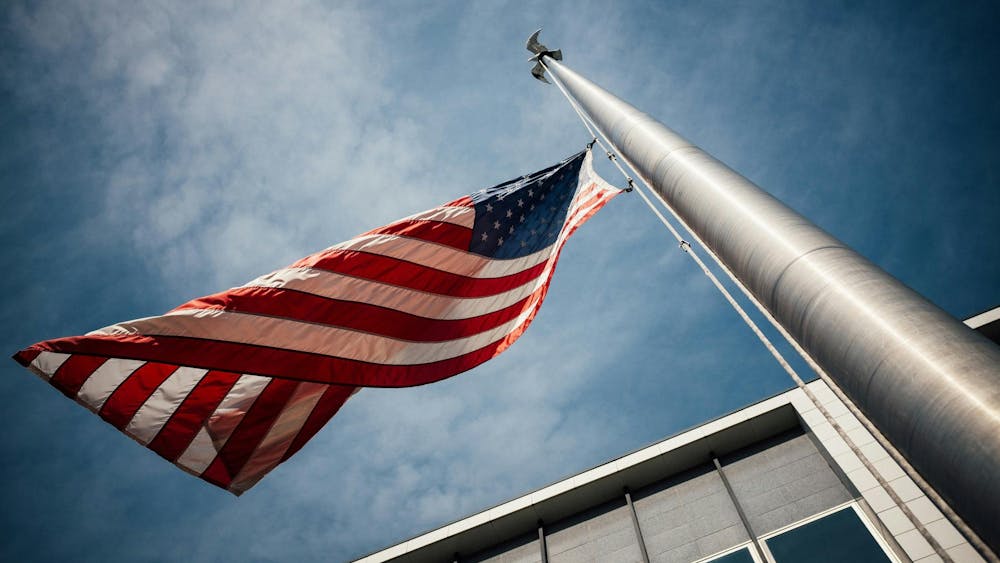This is a story about a long fall off a very high horse.
Before we get started, I want you to know I won’t be talking about what exactly got me canceled. I’m sorry to disappoint, curious reader, but I know some people (and potential employers) might judge me harshly. I don’t identify with — or want to rehash — actions I sincerely regret. I do, however, want to talk about what I learned from being canceled (albeit on a small scale).
It’s been over a year since I was banished from my main group of friends at Notre Dame, and I think I finally have enough emotional distance from the fallout to write about it.
See, as a social justice warrior (SJW), I hung out exclusively with other social justice warriors. (That’s how echo chambers work.) During COVID-19, I was adamant about wearing my mask and avoiding large gatherings of people. I was an original member of the democratic socialist club SolidarityND. I looked down on people who wouldn’t repost infographics on Instagram.
I didn’t know I was canceled until fall 2023, but all the tell-tale signs were there. My friends faded out of my life right before my eyes. They had a group chat I wasn’t included in and hosted parties I wasn’t invited to. I felt invisible and unwelcome whenever we would gather together — even when it was in my own dorm room. One of them even unfollowed me on Instagram, and in girl world, that’s equivalent to declaring nuclear warfare.
I didn’t know, that is, until a friend pulled me aside last semester (nearly a year after I had seriously talked with any of my old friends) and told me nobody was hanging out with me anymore because I had a bad reputation. I was the worst thing a SJW could be — politically incorrect. My world crumbled to dust around me.
She said, however, she believed my notoriousness was “blown out of proportion” and there was another underlying reason for my ostracization — that my friends simply didn’t like me anymore. My “cancellation” was just the most convenient channel for pre-existing vitriol. They wanted me out, and they finally found an excuse to get rid of me.
“People are motivated by impulse and construct ideological codes to justify and rationalize what they were already going to do,” comedian Brennan Lee Mulligan said. “Ideology is really scaffolding you’re putting on the outside of who you are.”
I started to ask myself: At what point were my friends’ socialist “woke” ideologies just a way to feel morally superior to others? At what point did all of the political posturing and speech policing become more important than trying to find the humanity in the people around them — and in me?
I started to realize the hypocrisy at the heart of everything. My obsession with political correctness defeated the purpose of what I really wanted to do — which was to have real and difficult conversations about how to improve life for everybody. Looking down on somebody will never change their opinion.
Getting canceled was a blessing in disguise. It forced me to look outside of myopic echo chamber of wokeness and into the melting pot of the real world. I started having political conversations with people I inherently disagreed with, and became close friends with some of them. Through our friendships, we could finally get through to each other and change each other’s minds.
When you cancel somebody, you turn your back on them. When you turn your back on somebody, you turn a blind eye to the ways they can improve or change. In a time where political polarization in America is at a record high, we need to stop shouting past each other and start looking each other in the eye. It’s a lot easier to do once you get off of your high horse.
To be very clear, my core values haven’t changed, but the way I practice politics certainly has. The single ideology I prescribe to is the golden rule: to love your neighbor as you love yourself.
Claire Lyons is a senior at Notre Dame from Fort Worth, TX studying English and Political Science.










